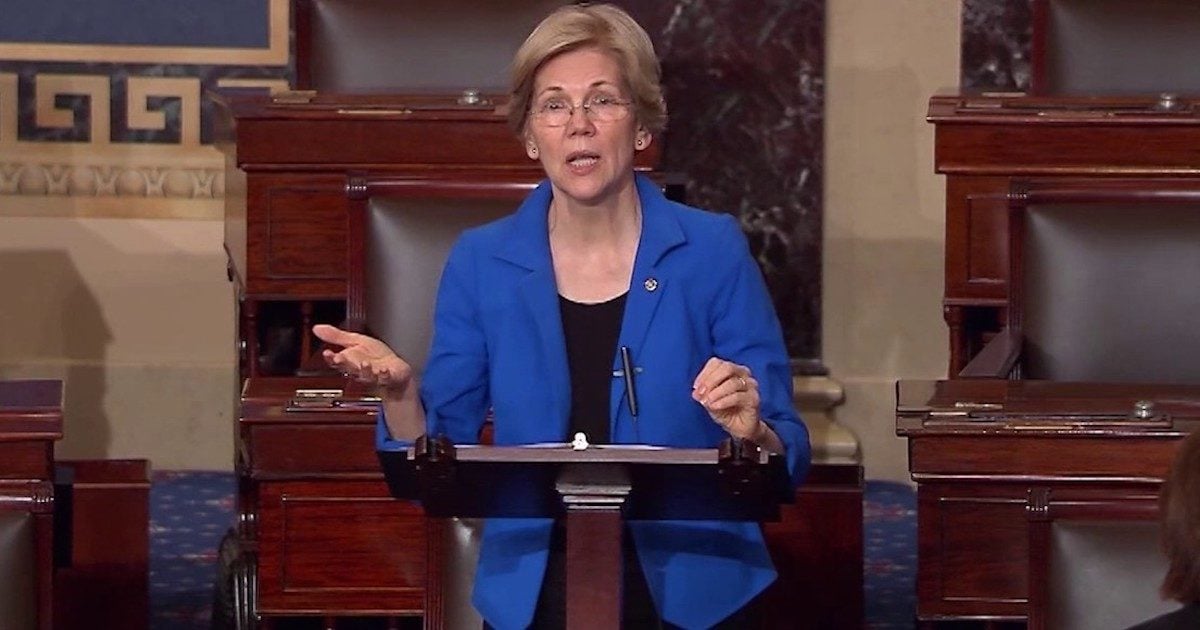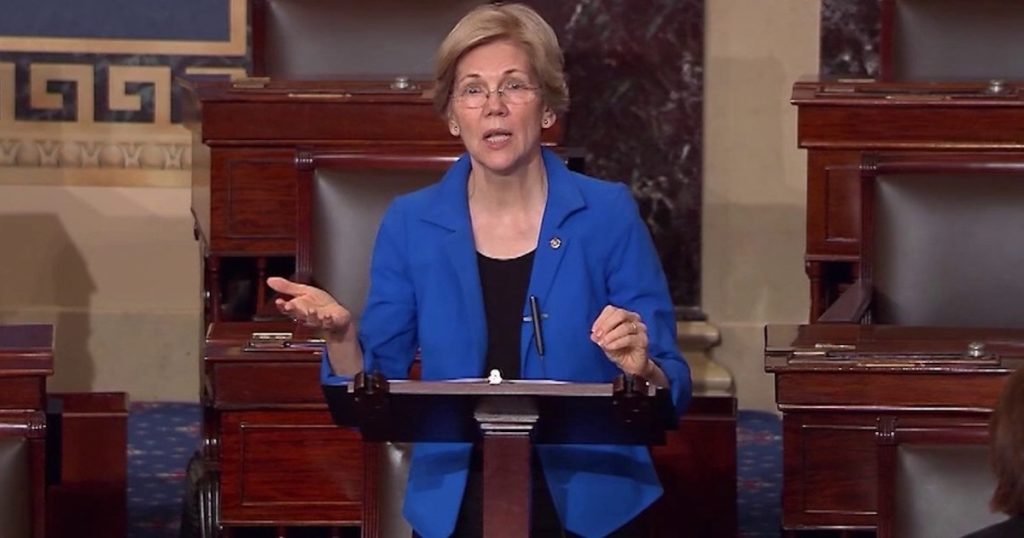

I’m constantly surprised by what happens in the world of politics. I didn’t think Donald Trump had any chance of winning in 2016, yet I was obviously wrong.
I also thought Elizabeth Warren’s political career would be crippled after people found out she fraudulently claimed Indian ancestry to gain special preferences in hiring at law schools. Yet she’s now a serious candidate to be the Democratic nominee in 2020.
So, instead of political prognosticating, I’ll stick with policy analysis, which is what I do in this clip from an interview about Sen. Warren’s plan to give Washington more power over capital markets.
If you want specifics on her plan, this Politico story has lots of detail, and this CNN report also has plenty of information.
I’ve previously written about some of the provisions, such as Glass-Steagall and carried interest, so today I want to focus on the broader point from the interview.
Every single economic theory agrees that saving and investment play a key role in long-run growth and higher living standards. But who controls and directs how capital is allocated?
I prefer competitive markets, which reward decisions that make us more prosperous.
The socialists, by contrast, think government can directly control how capital is allocated. At the risk of understatement, that approach doesn’t have a good track record.
Elizabeth Warren prefers an indirect approach, which involves lots of regulation, taxation, red tape, and intervention. This cronyist approach also is misguided. Her corporatist agenda unavoidably will hinder the efficient (i.e., growth maximizing) allocation of capital and also reduce the overall level of saving and investment.
And that translates into less income for workers.
By the way, my disagreement with Sen. Warren’s policy agenda does not mean I have a pro-Wall Street perspective.
In the past, I opposed the TARP bailout and the Dodd-Frank regulatory expansion, both of which were supported by the big players on Wall Street.
And I currently oppose the Fed’s easy-money policy and also want to remove the tax code’s preference for debt, which again puts me on the other side from the big players on Wall Street.
The bottom line: I support economic liberty, not big business.






